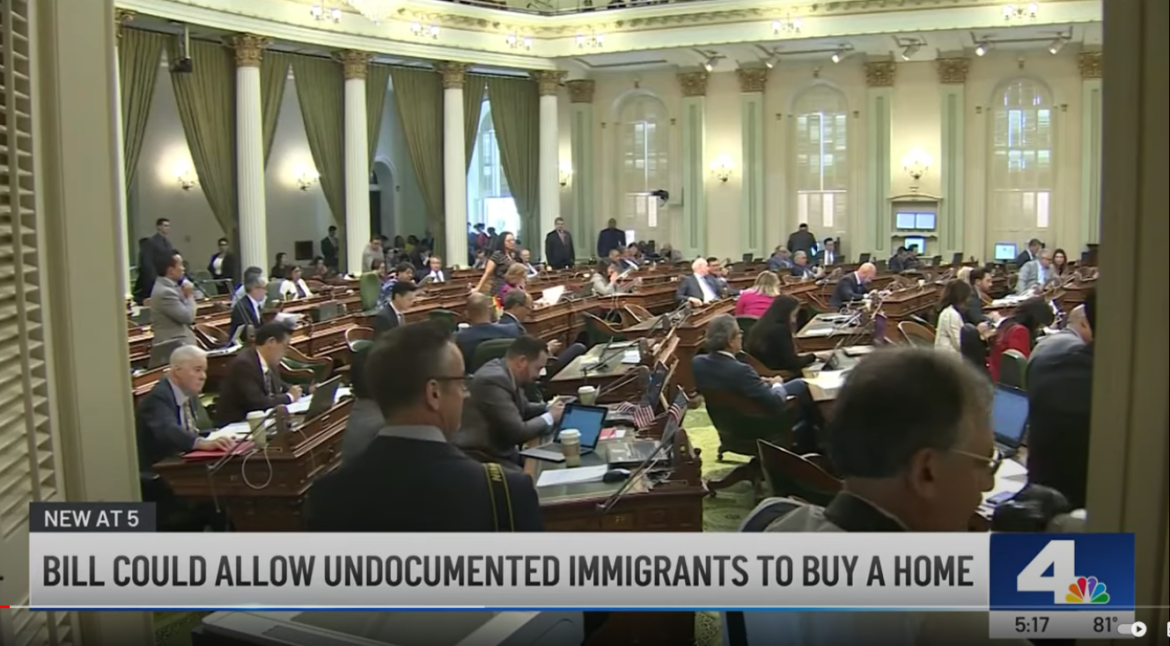California Democrats are on the verge of passing a groundbreaking bill that would provide taxpayer-supported home loans to undocumented immigrants, a move that would make the state the first in the nation to extend such financial assistance. The bill, currently advancing through the Democrat-controlled legislature, would make undocumented immigrants eligible for up to $150,000 in home loans, sparking intense debate across the political spectrum.
Governor Gavin Newsom, seen as a key ally of Vice President Kamala Harris, has not yet indicated whether he will sign the measure if it reaches his desk by the August 31st deadline. Newsom’s decision is being closely watched, as immigration continues to be a central issue in the lead-up to the 2024 presidential election. Former President Donald Trump has frequently criticized Harris for her handling of the Southern border, making this bill’s passage particularly significant in the current political climate.
The proposed legislation has drawn sharp criticism from Republican lawmakers, who argue that the bill is fiscally irresponsible and could set a dangerous precedent. Republican State Senate Minority Leader Brian Jones has been particularly vocal, labeling the idea as “crazy” and warning that such policies could contribute to bankrupting the United States.
Supporters of the bill, however, argue that it represents a compassionate approach to addressing the housing crisis in California, which has disproportionately affected immigrant communities. They contend that providing home loans to undocumented immigrants will help stabilize families and contribute to the broader economy by promoting homeownership and investment in local communities.
The bill’s progress highlights the stark divide in immigration policy between Democrats and Republicans, with California often at the forefront of more progressive measures. As the August 31st deadline approaches, all eyes will be on Governor Newsom to see whether he will sign the bill into law, potentially setting a new standard for immigrant rights in the United States.
The outcome of this legislation could have far-reaching implications, both for the future of immigration policy and for the broader debate over how to address the needs of undocumented immigrants in the U.S.



